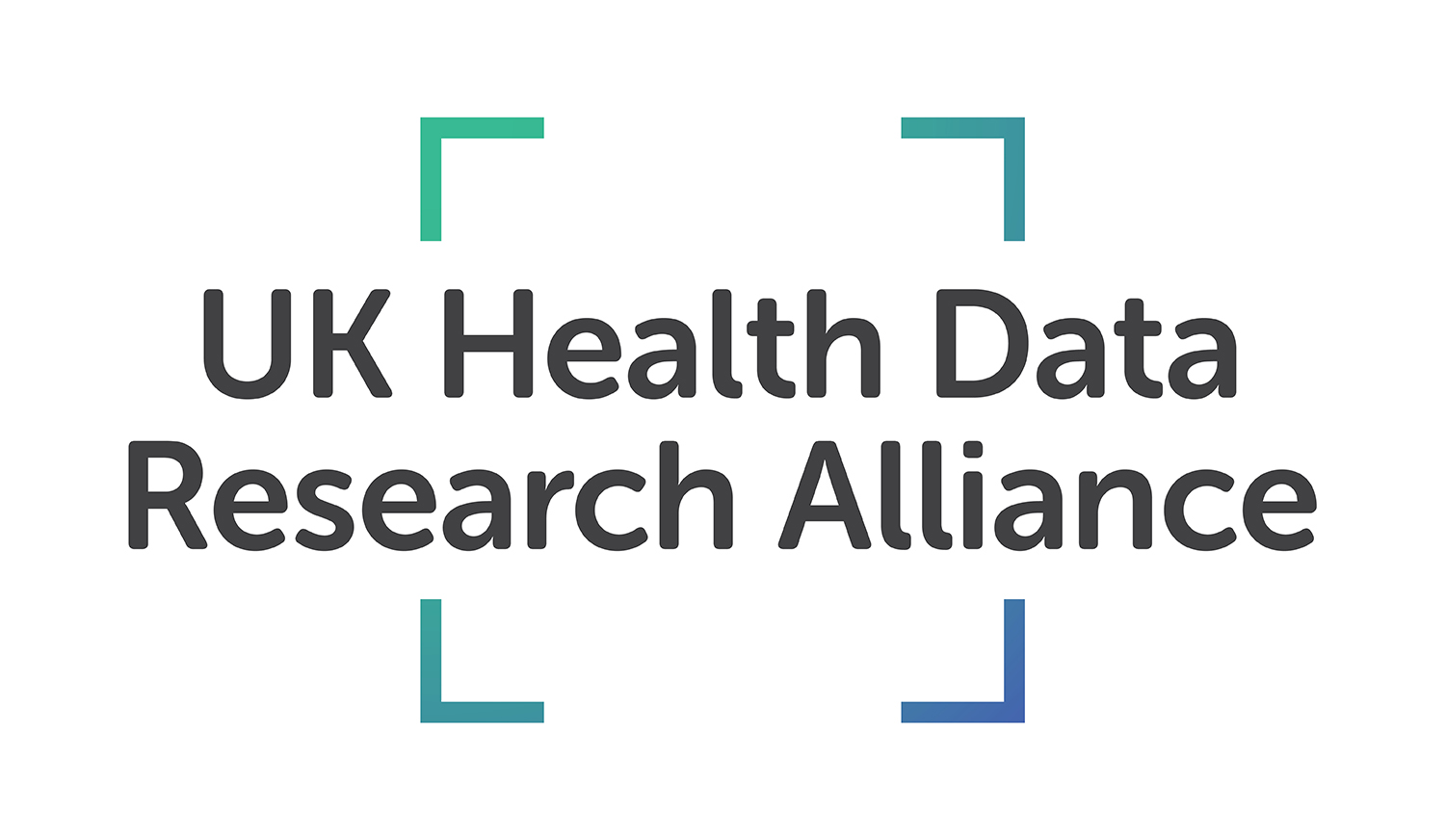Cystic fibrosis and COVID-19: Understanding the risks
17 August 2020
Our partners at the Cystic Fibrosis Trust have been collecting data to increase understanding of how COVID-19 affects people with cystic fibrosis (CF). In this post, we speak to lead researcher Rebecca Cosgriff, and Nikita Gray, who has CF and was diagnosed with COVID-19 in March.
The coronavirus pandemic has been a worrying time for all of us, but it has been particularly stressful for people with long-term conditions such as cystic fibrosis (CF).
As the disease started to spread through the UK earlier in the year, there was little information about the threat that COVID-19 posed to people living with CF. The condition damages the lungs and leaves patients vulnerable to chest infections, suggesting that they might be at particular risk from this new respiratory virus.
“People with CF were placed in the extremely clinically vulnerable group and were desperate for any information about how COVID might affect them,” says Rebecca Cosgriff from the Cystic Fibrosis Trust.
Nikita Gray, 28, from South West London contracted COVID-19 when she was in the hospital for routine treatment for her CF in March. She didn’t notice any typical symptoms during her stay in hospital, such as fever or coughing, but she was tested for the virus as a routine part of her care.
Her positive test result came after returning home, and she was very concerned about how the disease could affect her.
“There was so much media coverage of really severe symptoms and of people being rushed into hospital to be put on ventilators. I was worried about what was going to happen to me,” Nikita explains.
It’s no surprise that when she subsequently started to experience breathlessness, it gave her panic attacks because she was so frightened about the virus progressing.
“The lack of information around cases of COVID with CF was one of the biggest worries. We just didn’t know anything. Even the doctors had nothing to draw from,” she says.
Hoping to bring information and reassurance to people with CF during the pandemic, Rebecca and her colleagues at the Cystic Fibrosis Trust – who host the UK Cystic Fibrosis Registry and are members of the UK Health Data Research Alliance – started monitoring COVID-19 cases in people with CF.
Rebecca led a global collaboration collecting data from eight countries, identifying 40 people with CF who tested positive for COVID-19 and recording how the disease progressed in each patient, building a valuable dataset.
The results of the study, published in the Journal of Cystic Fibrosis, are good news for people with CF, as it appears they are not at significantly increased risk of catching COVID-19 or developing the most severe symptoms.
Of the 40 people included in the study, there were no reported fatalities, and only one patient required ventilation. The majority of patients had mild symptoms, and nine experienced no symptoms at all.
Importantly, this wasn’t a ‘one and done’ study: the anonymised data gathered by Rebecca and her international colleagues will be added to their existing cystic fibrosis registry datasets being held securely by Health Data Research UK in the SAIL databank, meaning that it can be accessed safely and securely for future research projects to benefit people with the condition.
Like most patients in the study, Nikita developed some mild symptoms from the virus including breathlessness and fatigue, but she recovered quickly at home. “It was a bit of a struggle, but it didn’t last very long.”
Rebecca hopes that the data will reassure people and families affected by CF.
“It seems that COVID for people with CF may be more similar to COVID in the general population than we expected. The main conclusion from our study was that, although COVID is not benign, it’s not the threat that we thought it might be for this group,” she says.
“It’s reassuring to know that most people with CF who get COVID fully recover. I know a lot of people were worried, so this data can help us look at the situation more positively,” says Nikita.
However, greater confidence will come from studying larger numbers, so Rebecca and her collaborators are collecting data from more than 200 patients across 21 countries for the next phase of the project.
After that, they will look at the medium to long term outcomes of those people who have had COVID and see whether their lung function – a critical measure of health in people with CF – has returned to where it was before they became ill.
“That’s where the beauty of using CF registries comes into play because all of the data that we’ll need to assess the medium to long-term impact of COVID is already routinely collected,” Rebecca explains.
“We automatically follow up these patients in the long term, so all we’ll need to do is periodically look back at the data that we already hold. It’s zero cost, zero extra effort for a significant benefit for our CF community.”
Health Data Research UK is working to make health data securely and safely accessible for research to improve people’s lives. Find out more at hdruk.ac.uk, and follow on Twitter @hdr_uk and LinkedIn.
Read more:
- Nikita’s story: Staying positive and beating COVID-19 despite cystic fibrosis – Cystic Fibrosis Trust
- A multinational report to characterise SARS-CoV-2 infection in people with cystic fibrosis – Cosgriff et al (2020) Journal of Cystic Fibrosis 19: 355-358
- The Cystic Fibrosis Trust
- Health Data Research UK



